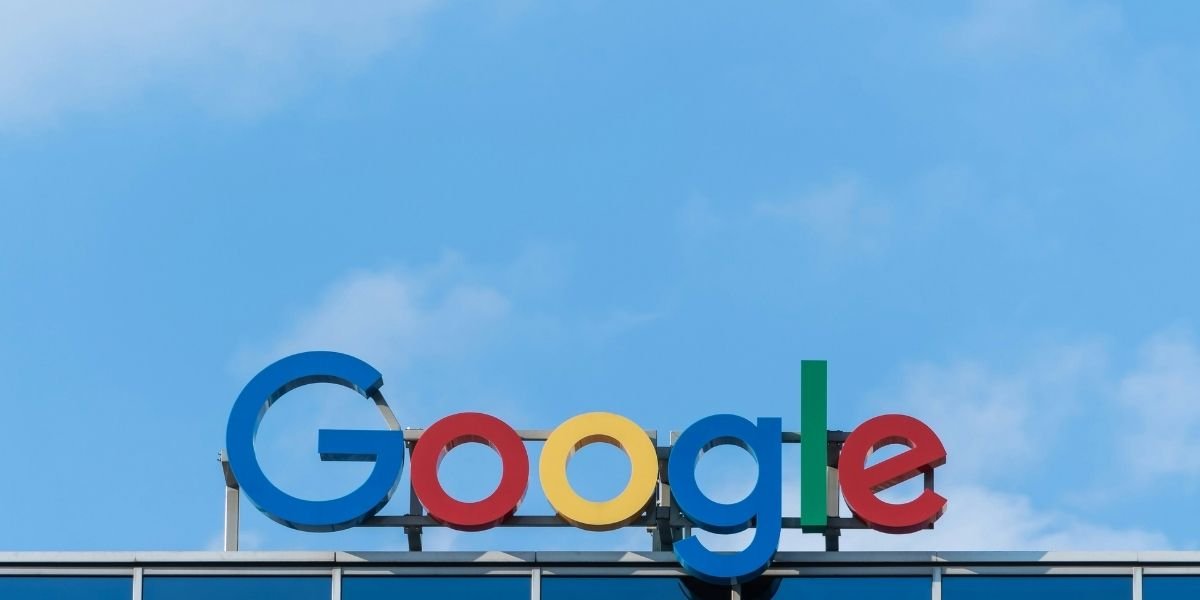Why Skip-Care Is Replacing Multi-Step Routines
Korean skincare has long been associated with multi-step regimens involving toners, essences, ampoules, and masks. These routines were designed to layer hydration and active ingredients for a refined finish known as “glass skin.” In 2025, however, a shift toward minimalist routines—often called “skip-care”—is changing how consumers approach skincare.
Skip-care refers to the practice of using fewer products with broader functions. Instead of applying multiple layers, users select one or two formulas that combine hydration, brightening, and barrier support. This change reflects a growing interest in efficiency, skin health, and sustainability.
Dermatologists and product developers now emphasize the importance of protecting the skin barrier. Overuse of active ingredients or excessive layering can lead to irritation, dryness, or sensitivity. By simplifying routines, skip-care helps reduce stress on the skin and supports long-term comfort.
The trend also responds to lifestyle changes. Consumers are seeking routines that fit into busy schedules without compromising results. Multi-tasking products—such as serums that hydrate and brighten or moisturizers that include SPF—make it easier to maintain consistency.
How Minimalist Routines Work
Skip-care routines typically include three or four steps. Each product is selected for its ability to perform multiple functions while remaining gentle and effective. The goal is to support the skin’s natural balance without overwhelming it.
Step one is cleansing. Instead of double cleansing twice daily, many users opt for a single mild cleanser at night and a splash of water in the morning. This helps prevent over-drying and maintains the skin’s natural oils.
Step two is a multi-tasking essence or serum. These formulas often combine ingredients like hyaluronic acid for hydration, niacinamide for brightening, and antioxidants for protection. One product may replace several, reducing exposure to unnecessary additives.
Step three is a barrier-protecting moisturizer. Creams rich in ceramides and peptides help strengthen the skin’s outer layer. This step locks in hydration and provides long-lasting comfort, especially for sensitive or reactive skin.
Step four is sunscreen. Lightweight hybrid sunscreens now function as moisturizer, primer, and sun protection. These formulas simplify morning routines and support skin health throughout the day.
This structure allows users to maintain clarity and consistency. It also reduces the likelihood of irritation caused by mixing incompatible ingredients.
Why Consumers Are Adopting Skip-Care
Skip-care appeals to a wide range of users. Some are new to skincare and prefer a simple starting point. Others are experienced but want to reduce product use for health or environmental reasons. The trend reflects a broader interest in intentional consumption and skin-first thinking.
Cost is a factor. Fewer products mean lower expenses, especially when formulas are designed to last longer or replace multiple steps. This makes skincare more accessible without sacrificing quality.
Sustainability also plays a role. Minimalist routines generate less packaging waste and reduce the demand for resource-intensive production. Many brands now emphasize eco-friendly ingredients and recyclable containers, aligning with consumer values.
Social media has helped spread the trend. Influencers on TikTok and Instagram showcase their “3-step glass skin” routines, often inspired by Korean minimalism. These posts highlight visible results without complex regimens, encouraging others to try simplified approaches.
Western beauty brands are responding by launching K-inspired minimalist lines. This includes hybrid cleansers, essence pads, and barrier creams designed for skip-care routines. The influence of Seoul’s skincare philosophy continues to shape global beauty standards.
Supporting Skin Health Through Simplicity
Skip-care doesn’t mean abandoning innovation. Instead, it reflects a shift toward purposeful skincare. By focusing on barrier support, hydration, and protection, minimalist routines help maintain skin health with fewer steps.
This approach is especially helpful for those with sensitive or reactive skin. Reducing exposure to multiple actives lowers the risk of irritation and supports long-term resilience. It also makes it easier to identify which ingredients work best for individual needs.
Consistency is another benefit. Shorter routines are easier to maintain, leading to better outcomes over time. Users are more likely to stick with a regimen that fits into daily life without requiring extra effort.
Minimalist K-Beauty continues to evolve, offering new ways to care for skin without excess. As consumers seek balance between performance and practicality, skip-care provides a thoughtful solution grounded in science and experience.








